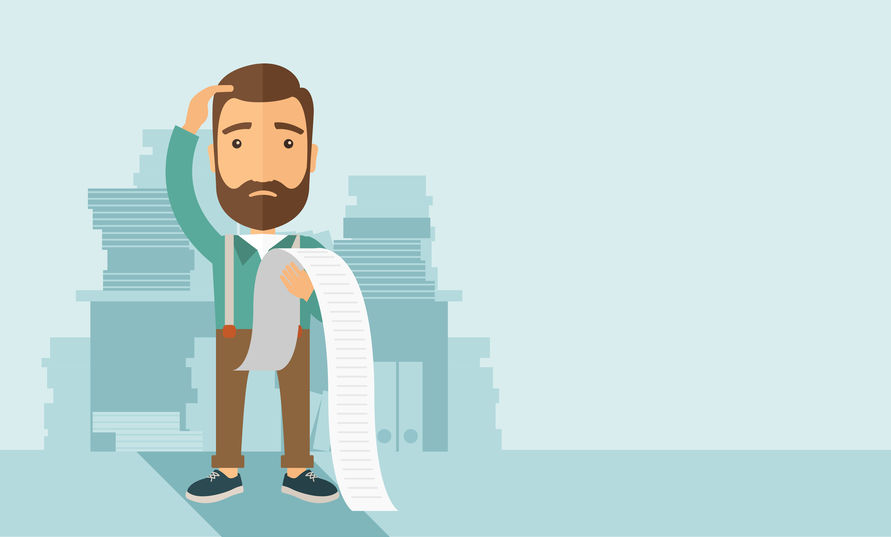What Happens If I Declare Bankruptcy?
Chapter 7 and Chapter 13 of the Bankruptcy Code are aimed at relieving an individual debtor of his accumulated debt and giving him a so-called “fresh start”. The goal of the bankruptcy proceeding is to have the most important and secured creditors paid out of the liquidated assets of the debtor (in a Chapter 7 case). In a Chapter 13 case, by contrast, the creditors are paid over a pre-determined period of time by the debtor. During the bankruptcy proceeding, the debtor will be allowed to keep his “exempt” property. What qualifies as exempt property differs by state. Florida is among the states that are most generous with what they qualify as exempt property. Typically, the property deemed to be essential to the living and working of the debtor will be exempt, such as the debtor’s home, car, etc.
Do I Qualify for Bankruptcy?
Chapter 13 and Chapter 7 have different criteria for eligibility. In order to qualify for a Chapter 7 bankruptcy, an individual would need to pass the “means test”. The means test compares the debtor’s income for the last half a year to the individual’s debts. Typically, the bankruptcy judge will look at whether the debtor’s income for the last six months is less than the median income of the state where the bankruptcy petition is filed. If the income is less, the judge will typically approve a Chapter 7 bankruptcy. In 2015, 63% of individual bankruptcy cases were filed under Chapter 7. However, if the individual’s income is high and stable enough, the bankruptcy judge will most likely only allow a Chapter 13 bankruptcy. Chapter 13 would allow the debtor to retain some assets and would require a 3-5-year plan to repay the debts. This plan would have to be approved by the creditors as well as the bankruptcy trustee.
How Do I File for Bankruptcy?
First, it is highly advisable that the debtor consults a bankruptcy attorney. The debtor should collect all of his financial records that will include income, property, debts, etc. It is worth pointing out that bankruptcy courts review the collected financial records with great scrutiny, and it is crucial for the debtor to not conceal anything from the court, as that may result in a denial of the bankruptcy petition.
Second, the debtor must attend a credit counseling course 180 days before filing for bankruptcy. After the completion of the course, the debtor will receive a certification. This certification is required by the bankruptcy court in order for the debtor’s petition to be approved.
Third, the debtor now can file a bankruptcy petition. An individual can file alone or with the help of an attorney. Because bankruptcy is a very complex and often confusing process, it is highly advisable to get a bankruptcy attorney, as the judges are not allowed to give individual advice.
Fourth, after the acceptance of the bankruptcy petition, the court appoints a bankruptcy trustee. A bankruptcy trustee is an officer of the Department of Justice and is responsible for administering the debtor’s bankruptcy estate, liquidating the debtor’s assets and distributing the proceeds to the creditors.
Fifth, once appointed, the bankruptcy trustee will set a meeting with the creditors. The debtor has to attend this meeting. The creditors can then ask any questions regarding the debt or the bankruptcy process.
How Long Does It Take to Rebuild Credit After Bankruptcy?
A Chapter 13 bankruptcy typically will remain on the debtor’s credit report for seven years, whereas a Chapter 7 bankruptcy usually stays there for ten years. However, there are still ways the debtor can improve his credit score during this period. For example, the debtor can continue to build credit by applying for secured credit cards and using them responsibly. The debtor can also apply for a credit builder loan and repay that over time. All of this additional credit will reflect positively on the debtor’s credit score. Additionally, a newly discharged debtor should seek job and income stability and, of course, make timely payments on all of his new debts.








